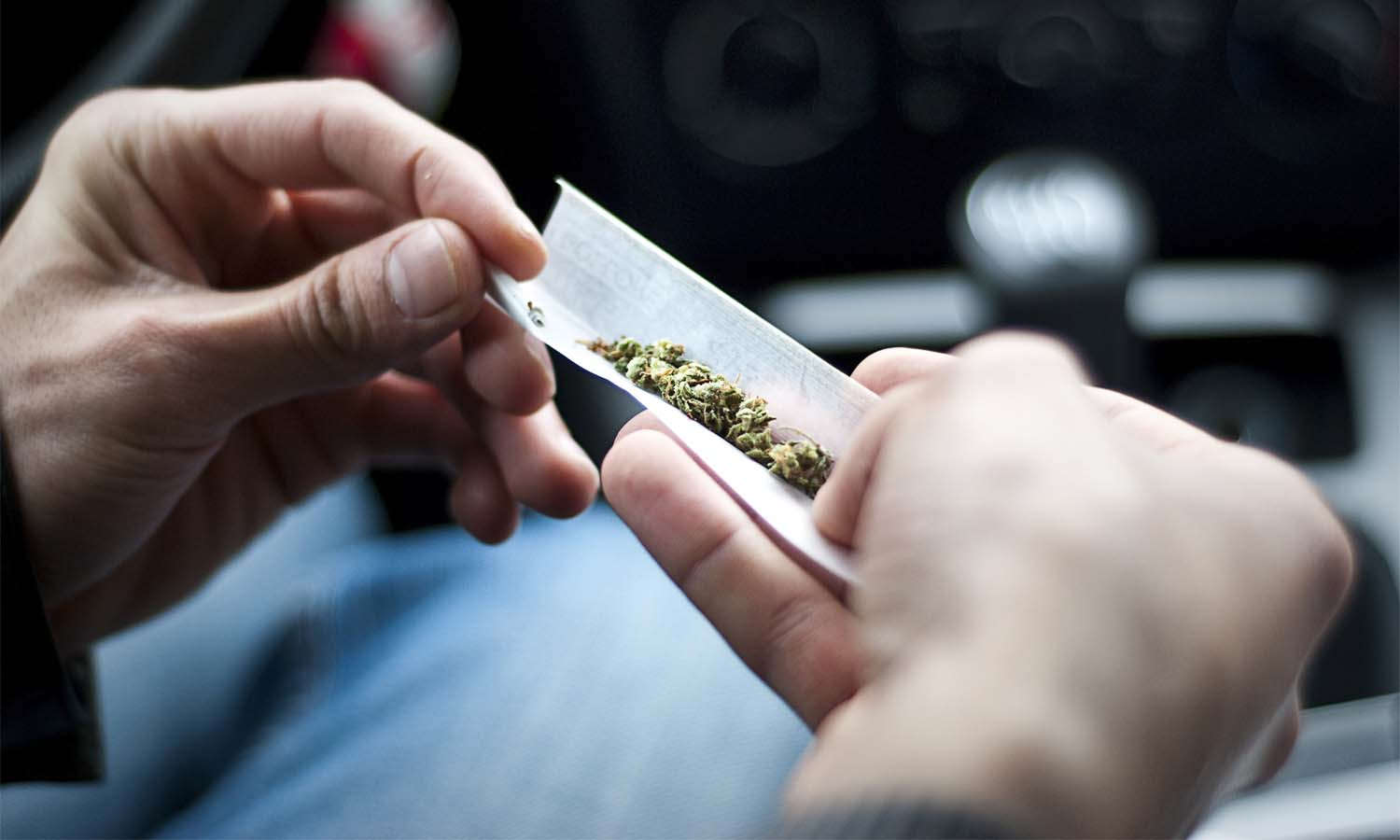Drug Driving Law
The Current Law
Section 4 Road Traffic Act 1988
Currently, charges for drug driving are brought under Section 4 of the Road Traffic Act 1988 - Driving, or being in charge, when under influence of drink or drugs. Under this charge the prosecution must prove that you're ability to drive was impaired by a drug that had been taken.
Isn't the law on drug driving about to change?
Yes. As we have discussed above, the prosecution currently have to prove that the driver's ability to drive properly was impaired through drugs. This can prove difficult for the prosecution.
They currently seek to establish this by calling evidence on: the manner of driving, the driver's physical and mental state upon arrest, his subsequent performance on the sobriety test and the outcome of any forensic analysis of the accused's blood or urine sample. The toxicologist being required to give commentary on the presence of any drug and its pharmacological affects. This also requires the taking of a sample by a medical practitioner at the police station.
The new proposals would seek to simplify matters by creating new offences that prescribe legal limits for certain drugs.
Thus alleviating the need for the police to establish that the driver was impaired.
The proposals include setting legal limits very low under a zero tolerance approach for 8 drugs: -
- Benzoylecgonine (primary metabolite of cocaine)
- Cannabis
- Cocaine
- Ecstasy
- Ketamine
- LSD
- Methamphetamine
- 6 monovetylmorphine ( heroine and diamorphine)
Higher limits are proposed for 8 other controlled drugs which have medical uses and can be obtained on prescription. These are: -
- Clonazepam
- Diazepam
- Flunitrazepam
- Lorezepam
- Methadone
- Morphine
- Oxazepam
- Temazepam
The higher limit seeks to avoid criminalising those persons staying within their prescribed dosage.
The police would be able to carry out up to three preliminary saliva tests and if positive for a drug a blood sample can then be taken.
This route would circumvent the need for sobriety tests and make drug driving prosecutions more in line with driving over the legal limit with regards to alcohol. Whereby the Crown Prosecution Service simply have to prove the act of driving and introduce evidence that the defendant was over the legal limit.
Can't Talk Now? Leave your name and number and we'll call you.
If you are facing drug driving charges then you can speak to our specialist solicitor today for a free consultation on 0333 011 0515. Our services are available throughout North West England including Liverpool, Wirral, Merseyside and St Helens.

